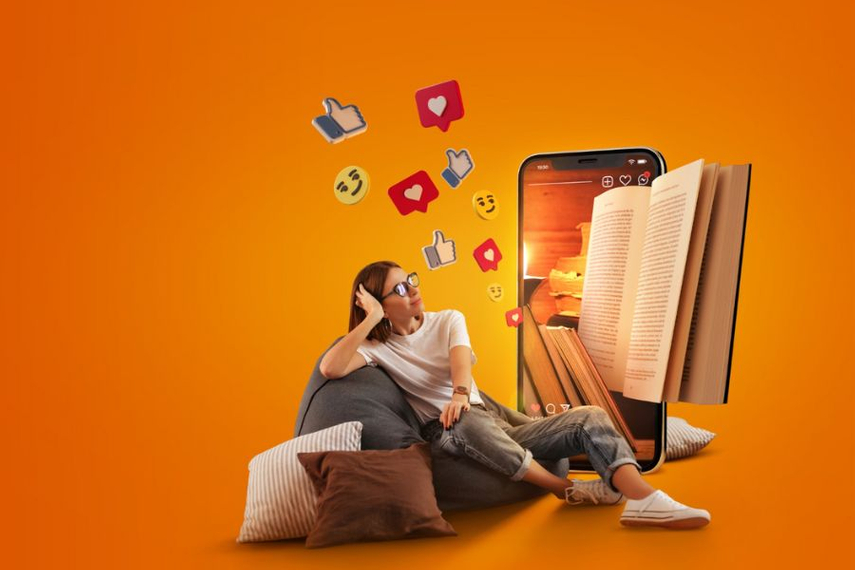
Please sign in or register
Existing users sign in here
Having trouble signing in?
Contact Customer Support at
[email protected]
or call+91 022 69047500
We are in an age where consumers pay brands not to show ads, and at the same time give access to every brand to show ads.

Contact Customer Support at
[email protected]
or call+91 022 69047500
Top news, insights and analysis every weekday
Sign up for Campaign Bulletins
The latest ad films and campaigns from brands like Wizikey and more in our weekly roundup.
EMVIES receive 1,779 entries from 33 agencies this year with 443 entries being shortlisted for evaluation.
Following the news that fashion retailer H&M will use AI to create digital 'twins' of 30 models, we explore if it's a good idea, and what it might mean for creative campaigns.
The acquisition marks a further alignment of the two companies, holding a combined value of $113 billion.